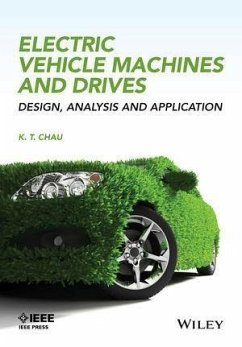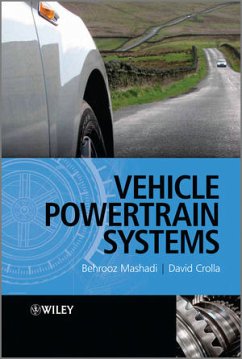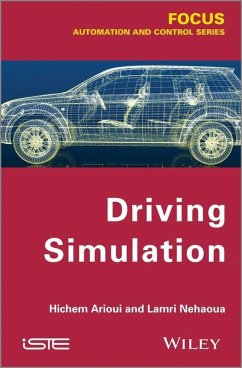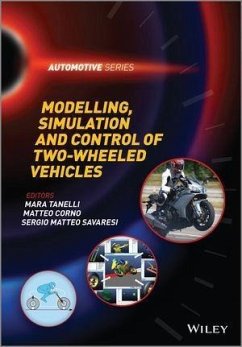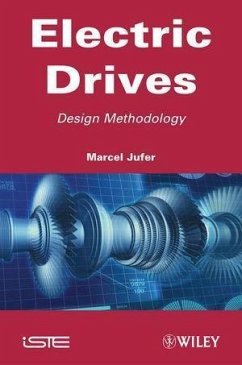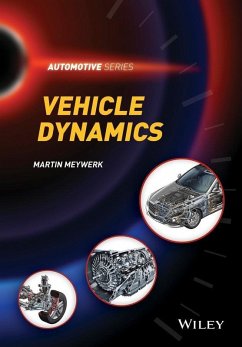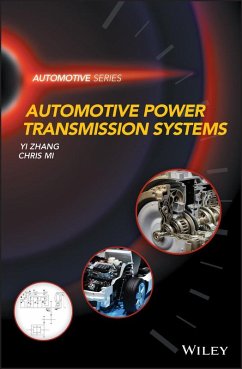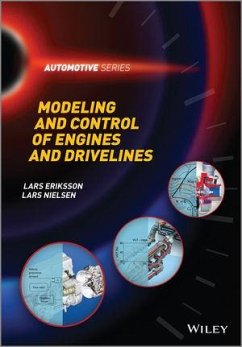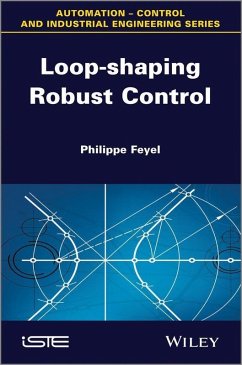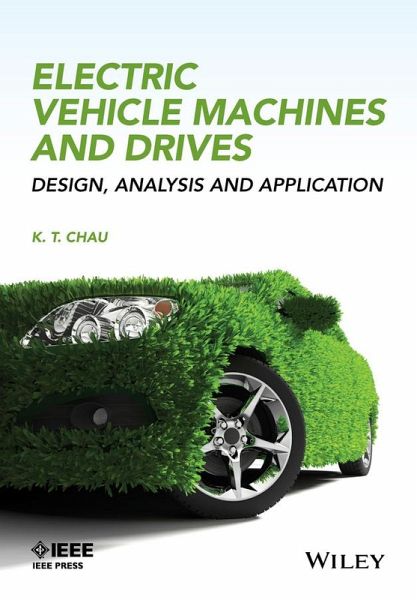
Electric Vehicle Machines and Drives (eBook, ePUB)
Design, Analysis and Application
Versandkostenfrei!
Sofort per Download lieferbar
123,99 €
inkl. MwSt.
Weitere Ausgaben:

PAYBACK Punkte
0 °P sammeln!
A timely comprehensive reference consolidates the research and development of electric vehicle machines and drives for electric and hybrid propulsions Focuses on electric vehicle machines and drives Covers the major technologies in the area including fundamental concepts and applications Emphasis the design criteria, performance analyses and application examples or potentials of various motor drives and machine systems Accompanying website includes the simulation models and outcomes as supplementary material
Dieser Download kann aus rechtlichen Gründen nur mit Rechnungsadresse in A, B, BG, CY, CZ, D, DK, EW, E, FIN, F, GR, HR, H, IRL, I, LT, L, LR, M, NL, PL, P, R, S, SLO, SK ausgeliefert werden.




